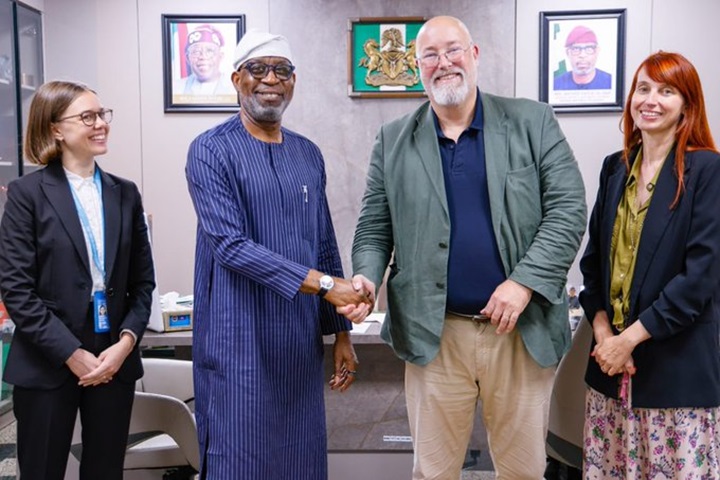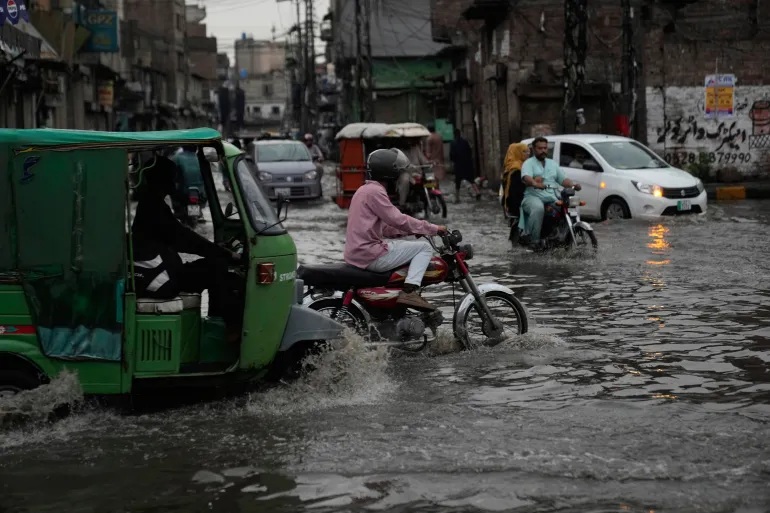Editorial
EDITORIAL: Tackling Nigeria’s Cholera Crisis

As Nigeria grapples with the latest cholera outbreak, it’s clear that the country is facing a public health emergency of catastrophic proportions.
The statistics are staggering: over 3,000 reported cases and 200 confirmed deaths in just a few short weeks.
The actual numbers are likely to be much higher, given the country’s notoriously unreliable data collection processes.
Cholera is a preventable disease, yet it continues to ravage our communities due to sheer negligence and incompetence.
The lack of access to clean water, proper sanitation, and basic healthcare has created a perfect storm for this outbreak to spread like wildfire.
The consequences are dire: cholera can kill within hours if left untreated, and children, pregnant women, and the elderly are the worst affected.
The economic toll is also significant, as families are forced to spend scarce resources on medical treatment and funeral expenses.
Citizens must educate themselves on the risks and warning signs of cholera, and seek medical attention immediately.
Frequent washing of your hands with soap and clean water, avoiding contaminated food and water sources, and shunning open defecation are some of the important ways to reverse the pandemic.
The government must also take immediate and decisive action to arrest this scourge by recognizing the severity of the crisis and mobilizing resources accordingly.
The government must do everything possible to avoid a recurrence of recent years.
In 2010, Nigeria had its worst cholera outbreak in recent memory with nearly 40,000 cases and more than 1,500 deaths, according to the United Nations.
In 2014, the country recorded 35,996 cases and in 2015, 2,108 cases were reported, with 97 deaths.
Cholera is therefore a recurring decimal in the country‘s list of healthcare challenges.
Allocating sufficient funds to improve water and sanitation infrastructure, upgrade healthcare facilities; providing adequate medical supplies, deploying trained health professionals to affected areas to provide emergency care and contain the outbreak, and implementation of public awareness campaigns can help at a time like this.
The time for complacency is over. We must act now to prevent further loss of life and suffering.
For Diaspora Digital Media Updates click on Whatsapp, or Telegram. For eyewitness accounts/ reports/ articles, write to: citizenreports@diasporadigitalmedia.com. Follow us on X (Fomerly Twitter) or Facebook










